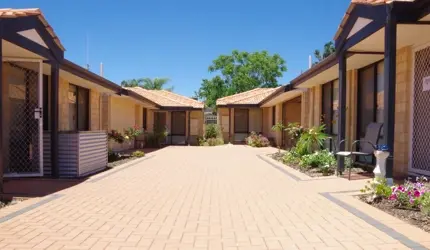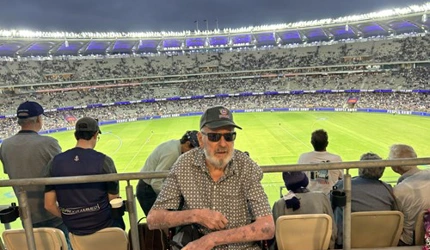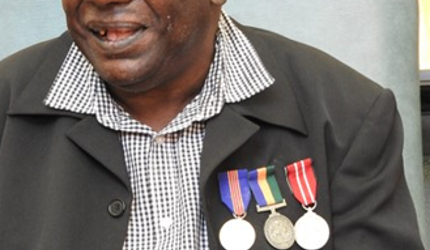
Brain Injury
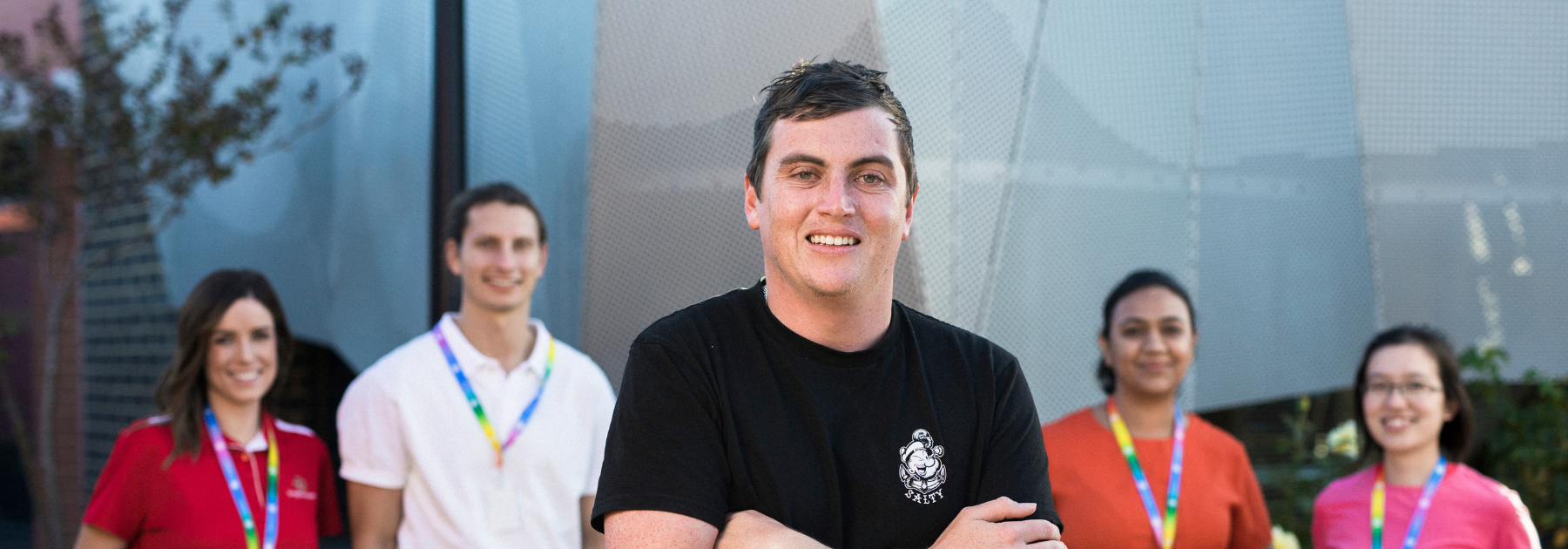
What is a brain injury?
A brain injury happens when the brain gets damaged after birth, causing problems with how a person thinks, moves, feels, or takes care of themselves. This damage can happen in different ways, like an accident, a stroke, or a disease. Because the brain controls everything we do, a brain injury can make everyday activities - like talking, walking, or remembering things - much harder. Some people recover over time, while others may have long-term challenges.
There are many causes of brain injuries. A hard hit to the head from a car crash or a fall can cause a traumatic brain injury. A stroke happens when blood can’t reach part of the brain, causing damage. A tumour growing in the brain can also hurt healthy brain tissue. Infections like meningitis or encephalitis can cause swelling in the brain, leading to injury. Even things like poisoning, too much alcohol, or a lack of oxygen - like in a near-drowning - can damage the brain.
Some brain injuries happen slowly over time. Degenerative neurological diseases like Parkinson’s, Alzheimer’s, or Huntington’s disease cause brain cells to break down over the years, affecting movement, memory, and thinking skills.
Brain injuries affect people in different ways - some may have trouble speaking, remembering things, or controlling their emotions. While some treatments and therapies can help, it’s important to support and understand people living with brain injuries. Sometimes, the physical effects of a brain injury can be difficult to see, often leading to brain injuries being referred to as a ‘hidden disability’.
How we support someone living with a brain injury
Every brain injury is different, and every Brightwater client has a different history and goals. That’s why we believe it’s essential to provide client-driven support for people living with acquired brain injury (ABI). Our rehabilitation support is individually tailored to each person and is adjusted as goals are attained or needs change.
Brightwater’s unique approach to acquired brain injury has been internationally recognised for achieving breakthrough results. Our phased rehab program fuses therapy with everyday living scenarios, to improve a client’s current abilities or help them relearn lost abilities. The program helps people achieve independence so they can enjoy an independent, community-based lifestyle.
Discover our Brain Injury Model of Care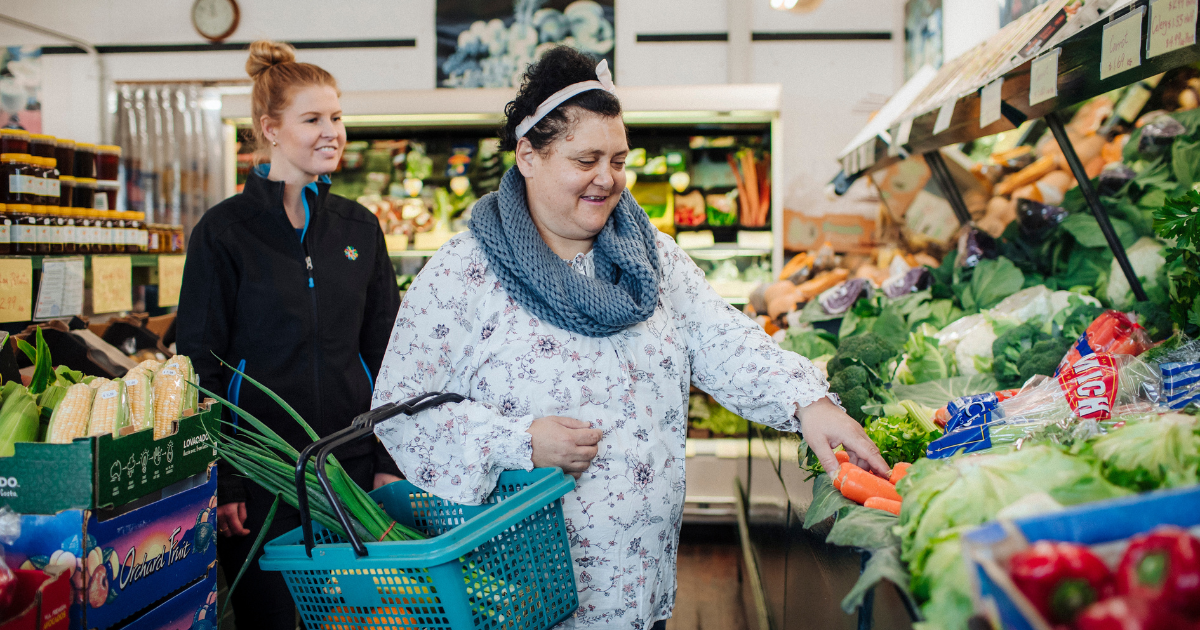
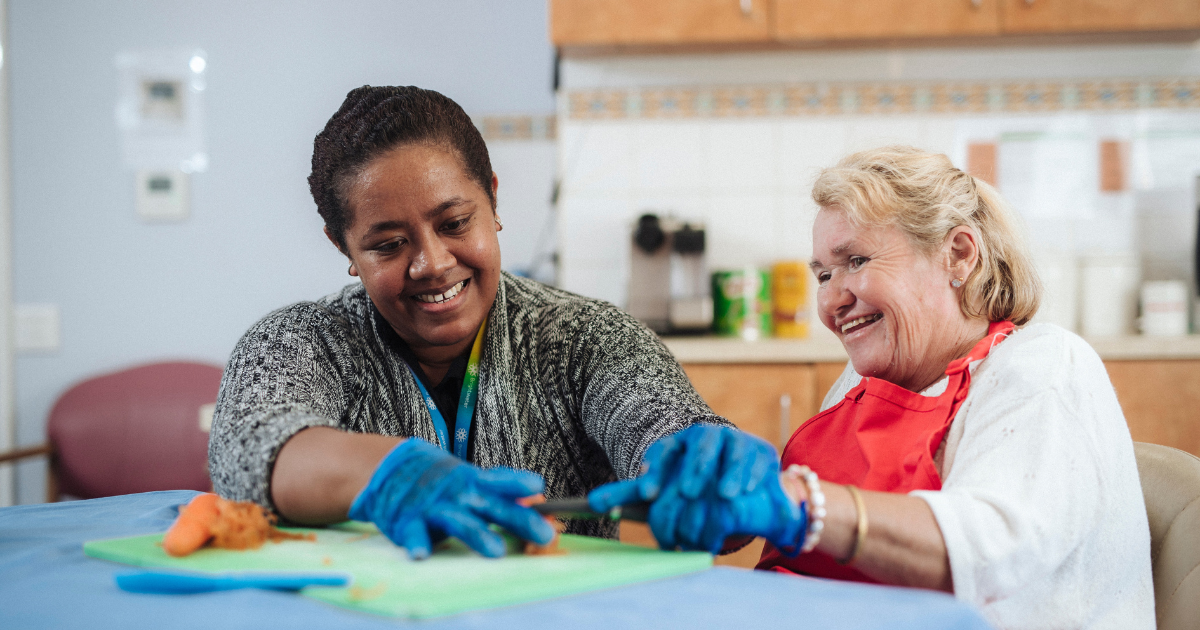
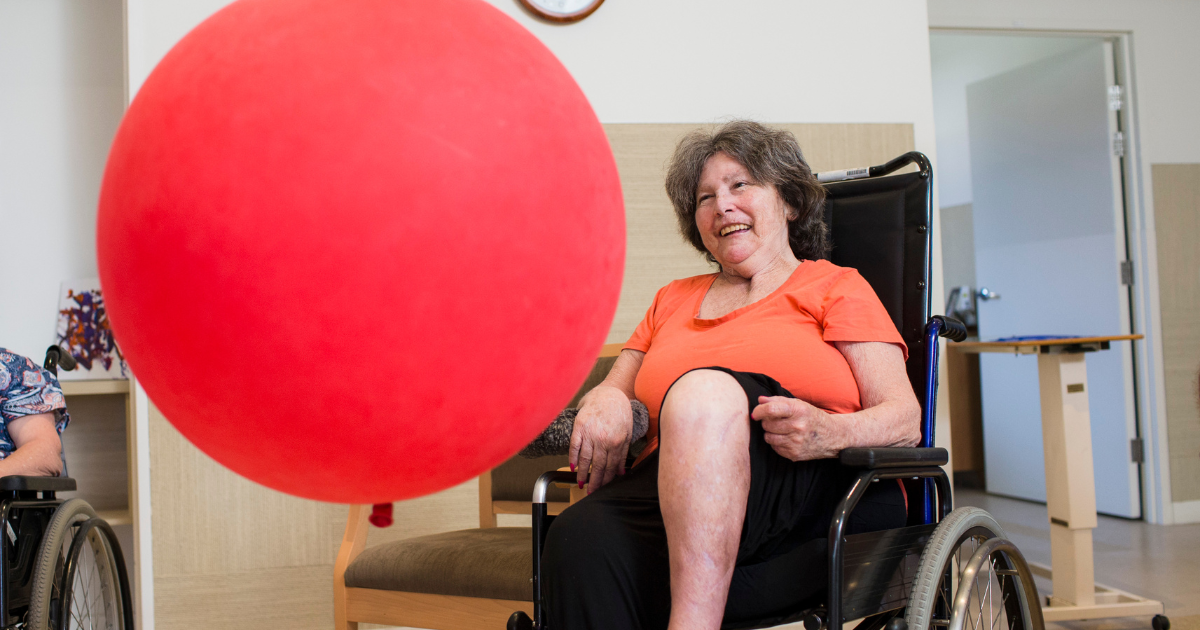
Oats Street Program
Brightwater Oats Street is a one-of-a-kind residential facility designed for people with ABI. Purpose-built and guided by more than three decades of research, Oats Street gives people with highly complex needs the right support, environment and time needed to maximise their potential. The immersive experience begins with fully supported accommodation, then clients graduate to the next phases of the program as they achieve new milestones. The program typically takes 12 to 24 months, with many people returning to independent living when they finish the program.
Find out moreBrightwater’s Capacity Building Team
Brightwater Capacity Building services operate on a team-based model to fully support someone living with acquired brain injury. It includes 40 health professionals with the depth of knowledge and skills to assist people with highly complex needs to achieve a better quality of life. Clients benefit from a wide range of services such as physiotherapy and occupational, dietetics, and speech therapy that address every aspect of independence and quality of life, including social connection and community participation.
Find out more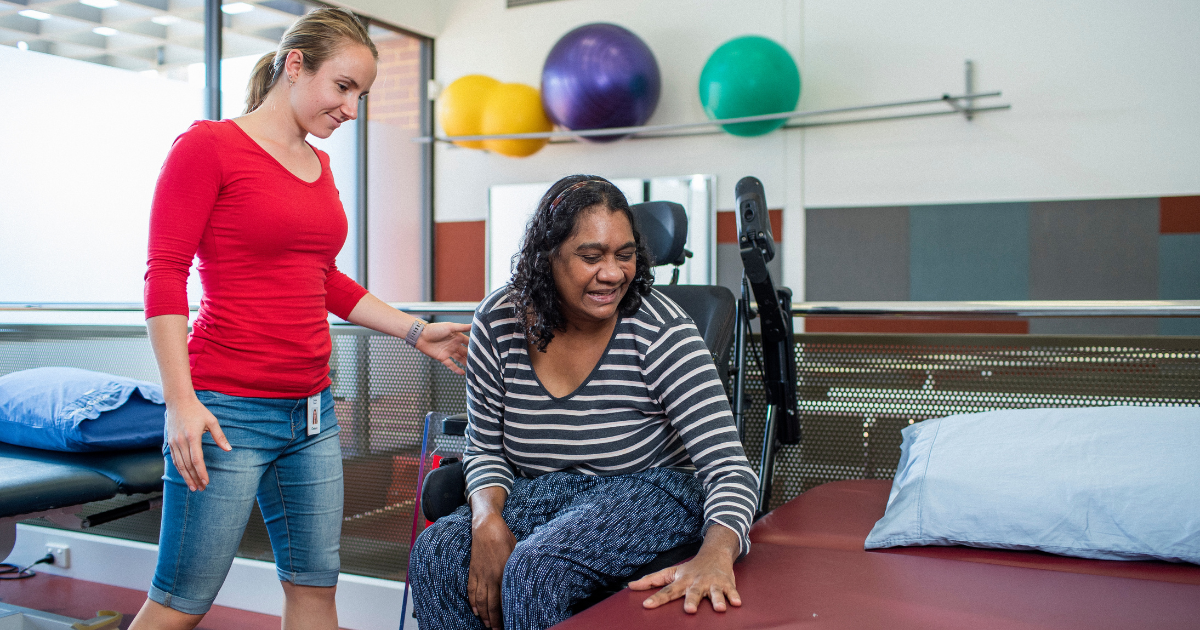

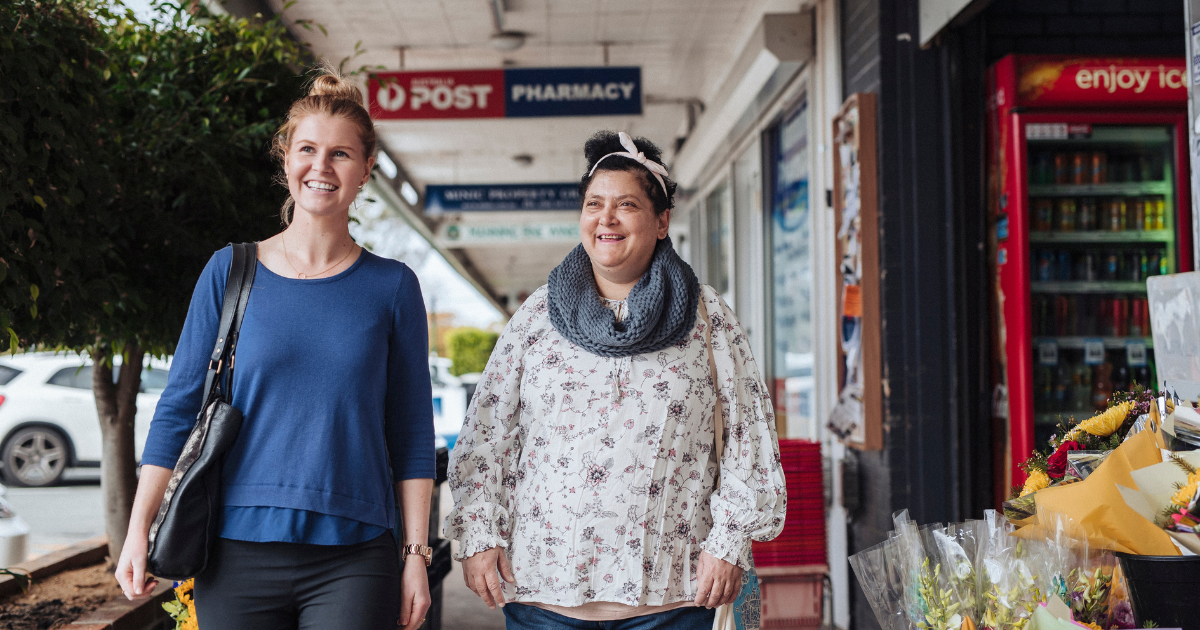
MyTBI
Recovering from a traumatic brain injury (TBI) can be challenging, but myTBI is here to help. Created by Brightwater with the University of Western Australia and the Neurotrauma Research Program, these easy-to-follow modules guide you through recovery—from the early days after injury to long-term healing. They focus on the emotional and social aspects of recovery and are helpful for people with a TBI, as well as their families and caregivers. With 13 modules covering three key stages—Acute (0–3 months), Post-Acute (3–12 months), and Chronic (12+ months)—myTBI provides clear, supportive information at every step.
Access the modulesKeeping us in Mind
When a parent or family member has a brain injury or younger onset dementia, it can be confusing and stressful for children and young adults. Keeping Us in Mind is here to help. This program was created with families and experts to better understand what it’s like for young people when a parent’s health changes. It provides support, information, and guidance to help children, teens, and young adults cope with the challenges that come with a family member’s brain injury.
Access the resources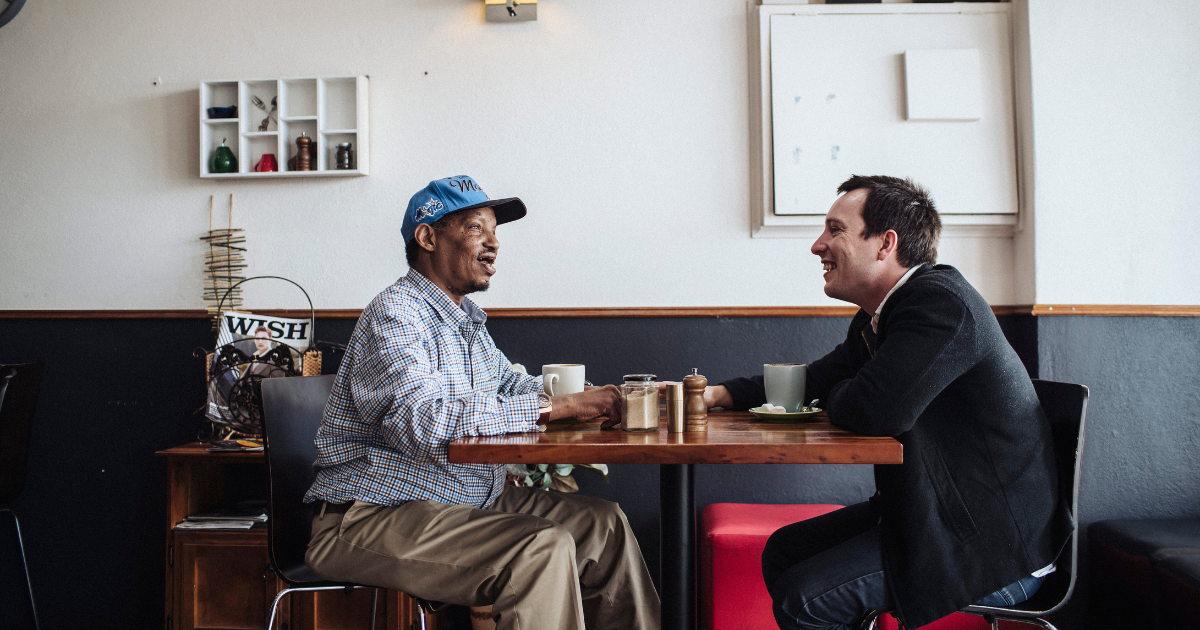
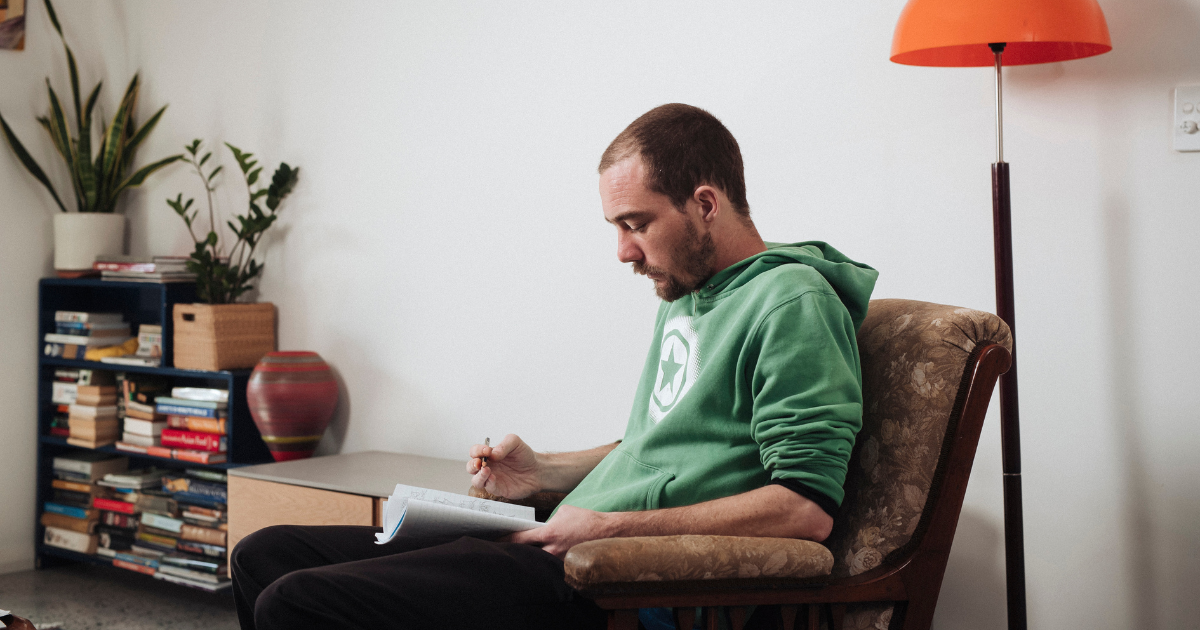
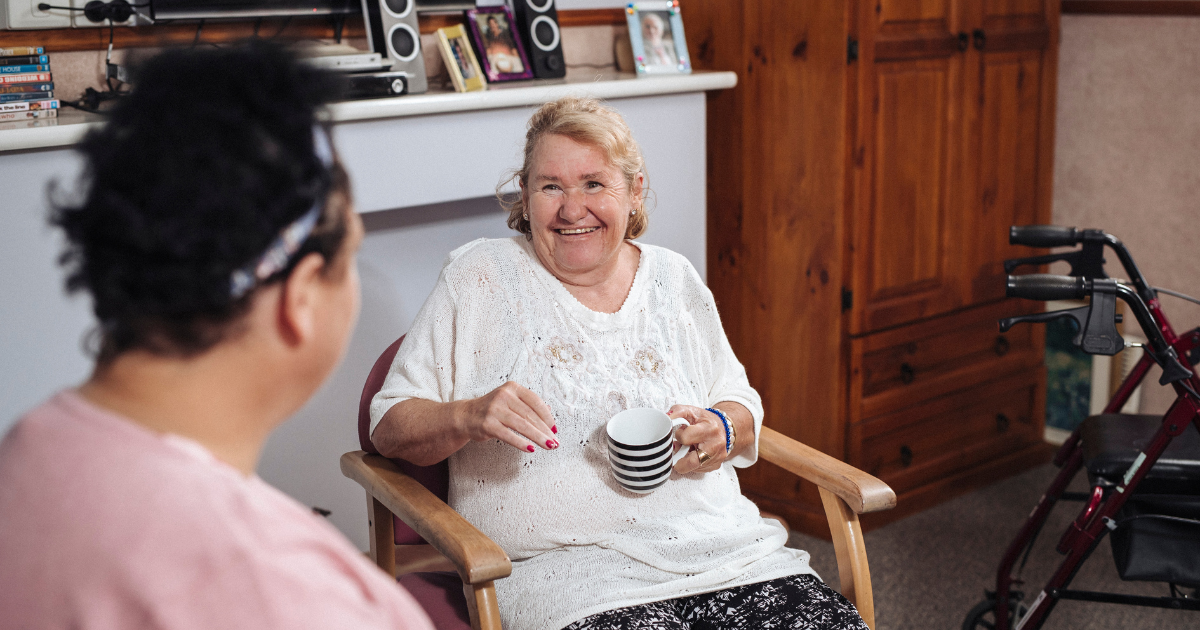
Other Resources
Brain Injury Fact Sheets
Brightwater, in partnership with Uppsala University Hospital in Sweden, has created easy-to-read fact sheets to help people understand life after a brain injury. These fact sheets explain what to expect during recovery and give practical tips to make everyday life easier.
Living with acquired brain injury Left-sided inattention Memory and brain injury Long-term memory and brain injury Working memory and brain injury.Oat Street Booklet
Discover how our Oat Street approach is unique in brain rehabilitation.
Oat St Rehabilitation for Life BookletDiscover more
Read moreThe Brightwater Difference
Thrive, connect & belong
We create communities where people connect and belong, thriving through progressive and responsive care.
Whether in your own home, or one of ours, we keep you connected to what matters most, in the communities you belong so you can thrive.
Neurological specialists
As specialists in acquired and progressive neurological conditions we support people living with Brain Injuries, Dementia, and Huntington's Disease to reach their full potential. Designing bespoke programs and world leading homes including BrightRespite, Piara Waters Huntington's Disease and Oats Street brain rehabilitation, to provide innovative care and a pathway to greater independence.
Responsibility for research
We are the only WA aged care and disability provider with a dedicated Research Centre – a hub of discovery and innovation, collaborating with national and international universities to find innovative solutions to improve the quality of lives of our clients.
Not-for-profit since 1901
For over 100 years, we’ve been there for West Australians from all walks of life. With humble beginnings in Subiaco, today we provide services all across Perth.
